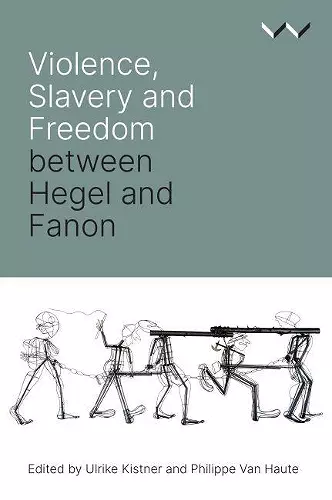Violence, Slavery and Freedom between Hegel and Fanon
Robert Bernasconi author Philippe Van Haute author Ato Sekyi-Otu author Ulrike Kistner author Josias Tembo author Beata Stawarska author Philippe Van Haute editor Ulrike Kistner editor
Format:Paperback
Publisher:Wits University Press
Published:30th Sep '20
Should be back in stock very soon

Examines through Fanon’s reading of Hegel how the slave-master dialectic has been thwarted by colonial racism and instead of work, the role of violence has become formative.
Offers close readings of Hegel's Phenomenology of Spirit, and of responses to it in the work of twentieth-century philosophers, that highlight the entangled history of the translations, transpositions and transformations of Hegel in the work of Frantz Fanon, and more generally in colonial, postcolonial and decolonial contexts.Hegel is most often mentioned – and not without good reason – as one of the paradigmatic exponents of Eurocentrism and racism in Western philosophy. But his thought also played a crucial and formative role in the work of one of the iconic thinkers of the ‘decolonial turn’, Frantz Fanon. This would be inexplicable if it were not for the much-quoted ‘lord-bondsman’ dialectic – frequently referred to as the ‘master-slave dialectic’ – described in Hegel's Phenomenology of Spirit. Fanon takes up this dialectic negatively in contexts of violence-riven (post-)slavery and colonialism; yet in works such as Black Skin, White Masks and The Wretched of the Earth he upholds a Hegelian-inspired vision of freedom.
The essays in this collection offer close readings of Hegel’s text, and of responses to it in the work of twentieth-century philosophers, that highlight the entangled history of the translations, transpositions and transformations of Hegel in the work of Fanon, and more generally in colonial, postcolonial and decolonial contexts.
ISBN: 9781776146239
Dimensions: unknown
Weight: unknown
176 pages